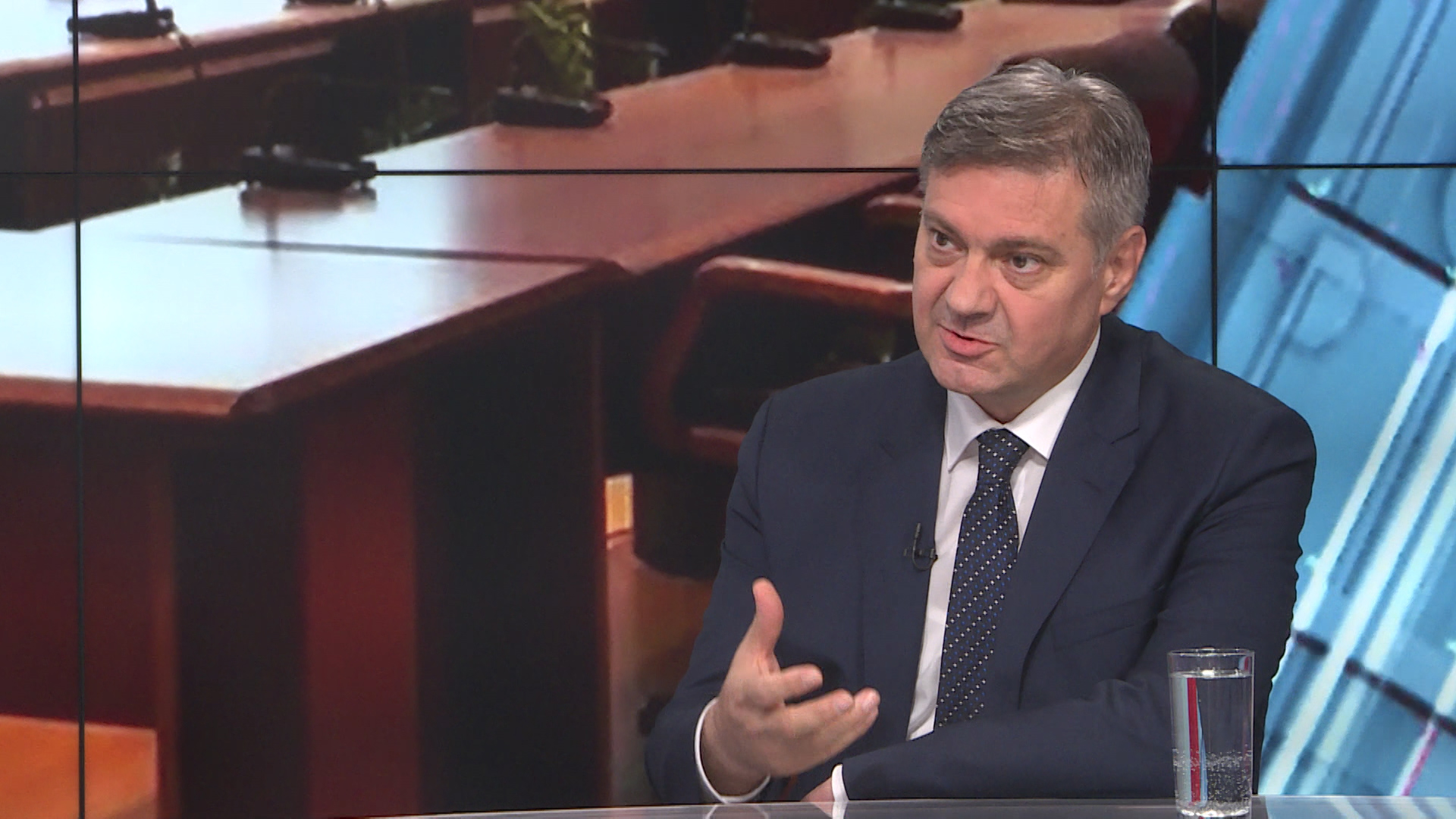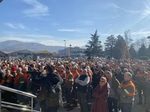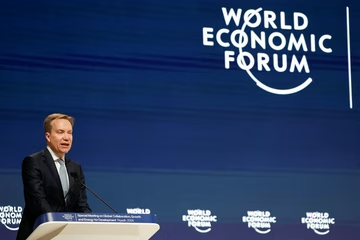Prime Minister: SDA Declaration describes a European Bosnia

If Bosnia was structured as described in a declaration the main Bosniak party in the country adopted last week, then it would be set up according to EU standards, Bosnia’s Prime Minister told N1 on Thursday.
Oglas
Denis Zvizic, a top official of the Party for Democratic Action (SDA), commented on the uproar the document caused among Bosnian Serb and Bosnian Croat representatives after it was adopted on Saturday.
The SDA said that it will work toward the establishment of a ‘Republic of Bosnia and Herzegovina’ and the affirmation of a ‘Bosnian language’ as the ‘common identity of all of Bosnia’s citizens’.
Bosnia is according its Constitution, which is part of the 1995 Dayton Peace Agreement, composed of two semi-autonomous regions - the Serb-majority Republika Srpska (RS) and the Federation of Bosnia and Herzegovina (FBiH), mostly shared between Bosniaks and Croats. The entities are linked into a state by common institutions.
Oglas
The state-level government is set up according to a power-sharing system between three majority ethnic groups, or ‘constituent peoples’ - Bosniaks, Croats and Serbs.
Bosnian Serb leader Milorad Dodik said that it represents an attack on the Dayton Agreement and on the constitutional setup, as the party wants to dissolve the RS.
Bosniaks want a state set up “on their own terms” he said, adding that Serbs “will not endure political torture.”
But the reactions among Bosnian Serb representatives are, according to Zvizdic, an attempt to “steer attention away from the true problems in Republika Srpska” and the economic woes in the entity.
Oglas
“This is a vision of a democratic, multi-ethnic and modern Bosnia and Herzegovina. It is the vision the SDA has since its establishment,” he said, adding that “it is unclear why the vision which we also spoke of in 2009 and 2015 has now drawn so much attention.”
Bosnia’s international administrator, Austrian diplomat Valentin Inzko, also criticised the Declaration.
“Any change to the internal organization of BiH must be adopted in accordance with the procedures set forth in the Constitution, which requires a comprehensive process of consensus-building and agreement across the entire political spectrum,” said the Office of the High Representative (OHR), which oversees the civilian implementation of the 1995 Dayton Peace Agreement.
Zvizdic said that “if Inzko thought that we would include in our documents what Dodik wants and not what is good for the citizens, then he is mistaken.”
Oglas
“These documents were put together with the best intentions, they were put together according to European criteria, they do not call for anti-constitutional or illegal activities,” he concluded.
Kakvo je tvoje mišljenje o ovome?
Učestvuj u diskusiji ili pročitaj komentare
Oglas
Kakvo je tvoje mišljenje o ovome?
Učestvuj u diskusiji ili pročitaj komentare
Oglas





 Srbija
Srbija
 Hrvatska
Hrvatska
 Slovenija
Slovenija



























































